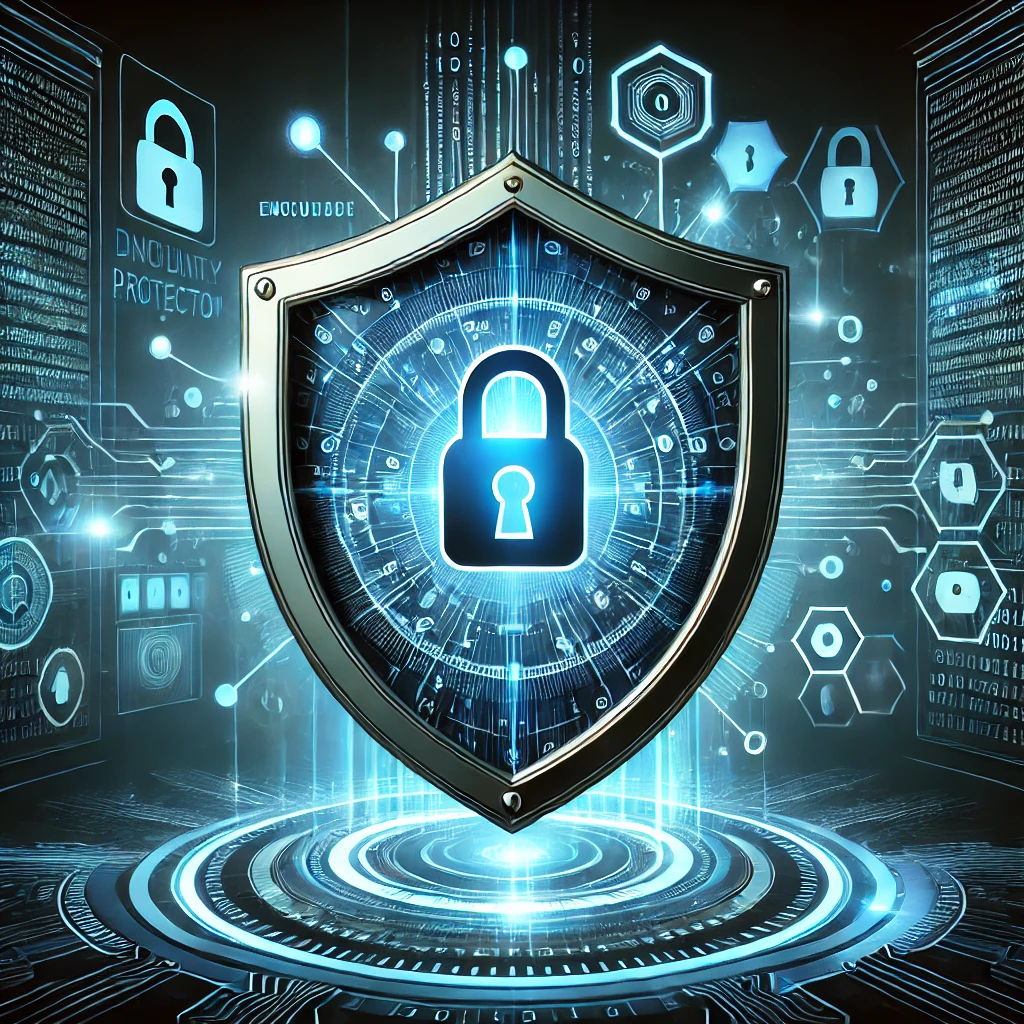
Protect Your Online Identity: Top Cybersecurity Tips
Your personal data is at risk! Learn how to safeguard it with these expert cybersecurity tips.
Why Online Privacy Matters More Than Ever
Imagine waking up to find your bank account drained or your social media accounts hacked. Sounds terrifying, right? In today’s digital age, protecting your online identity isn’t just an option—it’s a necessity. With cybercriminals becoming smarter, you need to stay one step ahead.
1. Use Strong and Unique Passwords
The Danger of Weak Passwords
Using "123456" or "password" is like leaving your front door wide open. Hackers love easy targets. Instead, use strong, unique passwords for every account.
How to Create a Secure Password
A strong password should include uppercase and lowercase letters, numbers, and symbols. Consider using a **password manager** to generate and store complex passwords.
2. Enable Two-Factor Authentication (2FA)
Two-factor authentication (2FA) adds an extra layer of security by requiring a second form of verification. Even if someone steals your password, they won’t be able to access your account without the second factor.
3. Beware of Phishing Scams
Phishing emails and messages trick users into revealing sensitive information. Always verify the sender and avoid clicking suspicious links.
4. Use a VPN for Secure Browsing
Beginner’s Guide to Using VPNs
A **Virtual Private Network (VPN)** encrypts your internet connection, making it harder for hackers to intercept your data. This is especially important when using public Wi-Fi.
5. Keep Your Devices Updated
Outdated software is a hacker’s best friend. Regularly update your operating system, apps, and antivirus software to stay protected.
6. Secure Your Smartphone
Tips to Secure Your Smartphone
Your smartphone contains tons of personal data. Use biometric locks, disable unnecessary app permissions, and install security updates to keep it safe.
7. Be Cautious with Free Apps
Download Free Apps for Productivity – But Be Careful!
Not all free apps are safe. Some collect and sell your data. Always check permissions before installing any app.
8. Protect Your Personal Data Online
Ways to Protect Personal Data Online
Limit the amount of personal information you share on social media. Adjust your privacy settings and think twice before posting sensitive details.
9. Use AI Tools to Boost Productivity Safely
AI tools can enhance your workflow, but ensure they respect your privacy. Read their data policies before using them.
10. Optimize Your Laptop’s Battery Life and Security
How to Optimize Your Laptop Battery Life
Battery optimization isn’t just about longevity—it also affects security. Updating firmware and avoiding suspicious downloads can protect your device from malware.
11. Use Chrome Extensions Wisely
Best Chrome Extensions for Students
Some browser extensions track your data. Stick to trusted ones with strong privacy policies.
12. Choose the Right Storage: SSD vs. HDD
SSD vs. HDD: Which is Better for You?
SSDs are faster and more secure since they have no moving parts. If security matters, go for an SSD.
13. Monitor Your Screen Time
Tools to Track Your Screen Time
Excessive screen time can make you vulnerable to cyber threats. Use tracking tools to balance your usage.
14. Secure Your Photography Data
Photography Tips with a Smartphone
Be mindful of location data in photos. Turn off geotagging in your camera settings to prevent tracking.
15. Choosing a Laptop for Secure Gaming
How to Choose a Laptop for Gaming
Gaming laptops often require online connectivity. Choose a device with strong security features and regularly update your firewall.
Final Thoughts
Cyber threats are evolving, but so can you. By following these cybersecurity tips, you can protect your online identity and enjoy a safer digital life.
Frequently Asked Questions
1. What is the most effective way to protect my online identity?
Using strong passwords, enabling 2FA, and staying cautious of phishing scams are the best practices.
2. Are free VPNs safe to use?
Many free VPNs sell user data. It's better to invest in a trusted paid VPN for privacy.
3. How can I tell if an app is collecting my data?
Check the app’s permissions and read its privacy policy before downloading.
4. Is using public Wi-Fi safe?
Not really! Always use a VPN when connecting to public networks.
5. How can I prevent identity theft online?
Monitor your accounts, use security tools, and never share personal details with unverified sources.